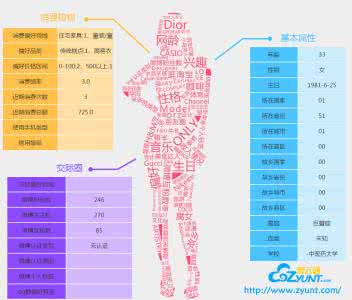An increasing number of mental health services are offered through mobile systems, a paradigm called mHealth. Although there is an unprecedented growth in the adoption of mHealth systems, partly due to the COVID-19 pandemic, concerns about data privacy risks due to security breaches are also increasing. Whilst some studies have analyzed mHealth apps from different angles, including security, there is relatively little evidence for data privacy issues that may exist in mHealth apps used for mental health services, whose recipients can be particularly vulnerable. This paper reports an empirical study aimed at systematically identifying and understanding data privacy incorporated in mental health apps. We analyzed 27 top-ranked mental health apps from Google Play Store. Our methodology enabled us to perform an in-depth privacy analysis of the apps, covering static and dynamic analysis, data sharing behaviour, server-side tests, privacy impact assessment requests, and privacy policy evaluation. Furthermore, we mapped the findings to the LINDDUN threat taxonomy, describing how threats manifest on the studied apps. The findings reveal important data privacy issues such as unnecessary permissions, insecure cryptography implementations, and leaks of personal data and credentials in logs and web requests. There is also a high risk of user profiling as the apps' development do not provide foolproof mechanisms against linkability, detectability and identifiability. Data sharing among third parties and advertisers in the current apps' ecosystem aggravates this situation. Based on the empirical findings of this study, we provide recommendations to be considered by different stakeholders of mHealth apps in general and apps developers in particular. [...]
翻译:越来越多的心理健康服务是通过移动系统提供的,称为 " 健康 " 的范式。虽然在采用卫生系统方面出现了前所未有的增长,部分是由于COVID-19大流行,但部分由于COVID-19大流行,对数据隐私风险的关切也在增加。虽然一些研究从不同角度分析了包括安全在内的健康应用软件,但相对而言,在用于心理健康服务的卫生应用软件中可能存在的数据隐私问题证据较少,而接受者可能特别容易受到伤害。本文报告了一项旨在系统识别和理解纳入心理健康应用软件的数据隐私经验研究。我们分析了谷歌游戏仓库27个最高级的心理健康应用程序。我们的方法使我们能够对应用程序进行深入的隐私分析,包括静态和动态分析、数据共享行为、服务器侧测试、隐私影响评估请求和隐私政策评价。我们把研究结果与LINDDDUN威胁分类有关,描述所研究应用软件的威胁如何表现为威胁。调查结果揭示了重要的数据隐私问题,如不必要的许可、不安全的加密实施、以及谷歌播放的27个主一般心理健康软件。我们的方法使我们能够对应用程序进行深入的隐私分析,在逻辑和网络中进行这种可比较性分析的系统分析,这种数据评估性分析,这种数据和系统分析中提供高风险分析。




